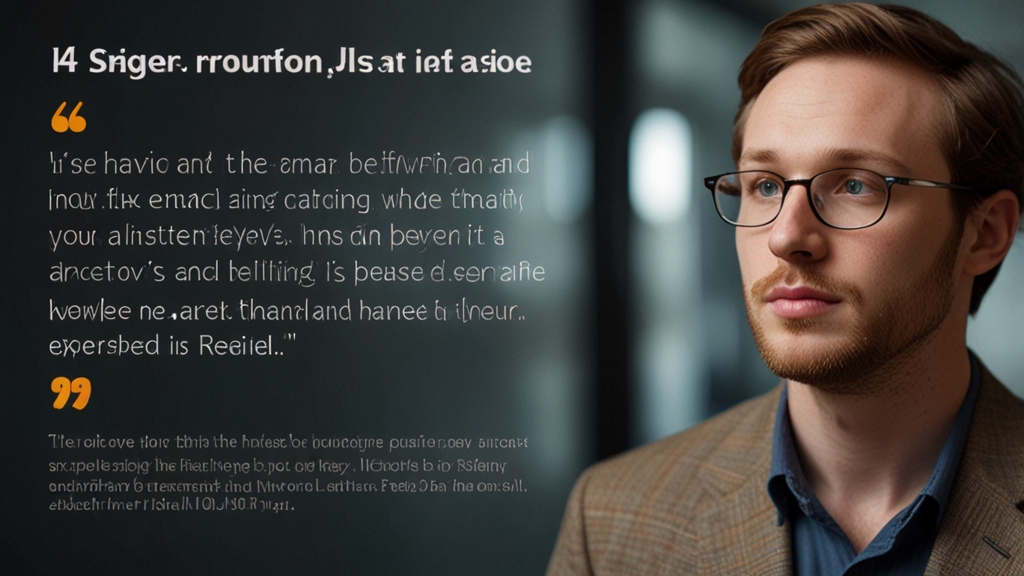Introduction
The World Wars of the 20th century had profound and far-reaching impacts on various facets of human life, most notably on science and medicine. The exigencies of war accelerated innovation and broke down previously insurmountable barriers, fostering advancements that might otherwise have taken decades to achieve. This article explores the shocking effects these global conflicts had on scientific and medical fields.
Scientific Advancements During the World Wars
World War I and World War II served as catalysts for remarkable scientific growth. The urgent need for new technologies and better strategies propelled scientific research and development at an unprecedented rate. Notably, World War II saw the birth of radar, which played a crucial role in the detection of enemy aircraft and ships, effectively altering the course of the conflict.
"Necessity is the mother of invention. The wars spurred a tremendous surge in scientific discoveries and technological breakthroughs." — Unknown Historian
Another monumental scientific endeavor that emerged from World War II was the Manhattan Project, which led to the development of nuclear weapons. The success of this project not only influenced the outcome of the war but also sparked a new era of atomic research, significantly changing the landscape of global geopolitics and energy production.
Medical Innovations and Discoveries
War has always driven medical innovation, and the World Wars were no exception. One of the most critical advancements in medicine during this period was the development and widespread use of antibiotics. Penicillin, discovered by Alexander Fleming in 1928, was mass-produced during World War II, saving countless lives by effectively treating bacterial infections.
Another significant medical advance was the systematic and scientific approach to blood transfusion. During World War I, the establishment of blood banks and innovations in blood storage and preservation techniques became paramount. This development laid the foundation for modern transfusion medicine, which continues to save millions of lives today.
"In the crucible of war, the medical community devised treatments and techniques that have since become the cornerstones of modern medicine." — Medical Historian
Furthermore, advancements in surgical techniques and trauma care emerged as a direct result of the brutal injuries sustained on the battlefield. Innovations such as the Thomas splint, which significantly reduced mortality rates from femoral fractures, and the development of plastic surgery to treat disfiguring injuries, had long-lasting impacts on medical practice and patient care.
Long-Term Effects and Ethical Considerations
The long-term effects of the World Wars on science and medicine are both positive and contentious. On one hand, the rapid advancements in technology and medical techniques have saved countless lives and improved global health standards. On the other hand, the ethical implications of some wartime scientific experiments and medical practices continue to provoke debate.
For instance, the ethical boundaries of human experimentation were often overlooked during these periods. The Nuremberg Trials post-World War II led to the establishment of the Nuremberg Code, a set of ethical guidelines for human experimentation, highlighting the need for informed consent and the prioritization of patient welfare.
"While the World Wars spurred incredible scientific and medical progress, they also exposed the dark side of innovation—where ethical considerations can be overshadowed by the desperation of conflict." — Bioethics Expert
Conclusion
The World Wars undeniably accelerated the pace of scientific and medical advancements, laying the groundwork for many of the technologies and treatments we rely on today. However, these tumultuous periods also serve as a reminder of the ethical responsibilities that come with scientific progress. As we move forward, it is crucial to balance innovation with compassion and integrity to ensure that the benefits of our advancements are realized by all, without repeating the mistakes of the past.












